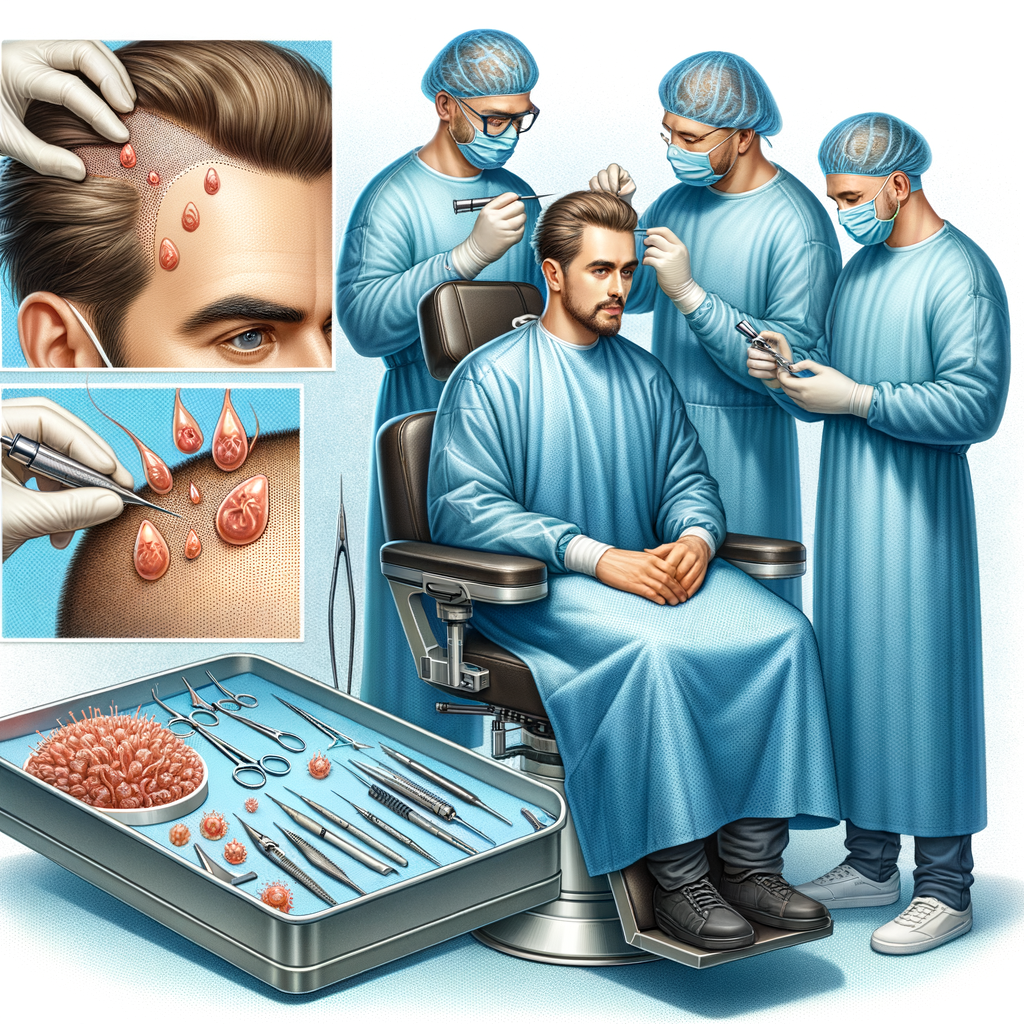Follicular Unit Extraction (FUE) hair transplant surgery has become increasingly popular for restoring hair in individuals experiencing baldness or thinning hair. While the surgical procedure itself is crucial, post-operative care plays a significant role in ensuring successful outcomes and optimal hair growth. In this article, we’ll delve into essential post-operative care tips for individuals undergoing FUE hair transplant surgery.
Pre-Operative Preparation
Before undergoing FUE hair transplant surgery, it’s essential to engage in thorough pre-operative preparation. This involves scheduling a consultation with a qualified surgeon specializing in hair restoration. During the consultation, the surgeon will assess your candidacy for the procedure and discuss your goals and expectations. Additionally, they will provide detailed information about the FUE procedure, including the harvesting and transplantation process.
Immediate Post-Operative Care
Following FUE hair transplant surgery, immediate post-operative care is crucial for promoting healing and minimizing discomfort. The surgical sites, including the donor and recipient areas, will be bandaged to protect them from infection and trauma. Patients will be provided with instructions on how to clean and care for these areas to prevent complications.
Long-Term Post-Operative Care
In the days and weeks following FUE hair transplant surgery, long-term post-operative care is essential for ensuring optimal results. Patients must protect the transplanted area from trauma and injury by avoiding activities that could disrupt healing. Additionally, maintaining a healthy lifestyle, including a balanced diet and regular exercise, can promote overall well-being and support hair growth.
Nutrition and Hydration
Proper nutrition and hydration are crucial components of post-operative care for FUE hair transplant patients. Consuming a diet rich in essential nutrients, such as vitamins and minerals, can promote healing and stimulate hair growth. Additionally, staying hydrated by drinking an adequate amount of water each day can support overall health and well-being.
Medication and Supplements
During the post-operative period, patients may be prescribed medication to manage pain and inflammation. Additionally, supplements such as biotin and vitamin D may be recommended to support hair growth and healing. It’s essential to follow the surgeon’s instructions regarding medication and supplement use to optimize recovery.
Scalp Care
Proper scalp care is essential for promoting healing and minimizing complications after FUE hair transplant surgery. Patients should follow guidelines provided by their surgeon for washing and moisturizing the scalp, using gentle products that won’t irritate the skin. Additionally, protecting the scalp from sun exposure can prevent damage to the delicate newly transplanted follicles.
Sleeping Positions
Choosing the right sleeping positions can help minimize discomfort and promote healing after FUE hair transplant surgery. Patients should avoid putting pressure on the transplanted area and use pillows to support the head and neck as needed. Sleeping in a semi-upright position can also reduce swelling and promote circulation.
Physical Activity
While it’s essential to rest and avoid strenuous exercise immediately following FUE hair transplant surgery, patients can gradually resume physical activity as directed by their surgeon. Light activities such as walking can promote circulation and aid in recovery, but it’s crucial to avoid activities that could lead to injury or trauma to the scalp.
Managing Swelling and Bruising
Some degree of swelling and bruising is normal after FUE hair transplant surgery, but there are steps patients can take to minimize these symptoms. Applying cold packs or using natural remedies such as arnica can help reduce swelling and promote healing. However, if swelling persists or worsens, it’s important to contact your surgeon for further evaluation.
Follow-up Care and Monitoring
Scheduled follow-up appointments with your surgeon are essential for monitoring progress and addressing any concerns or complications that may arise. During these appointments, the surgeon will assess hair growth and provide guidance on how to care for the transplanted area. It’s crucial to attend all follow-up appointments and follow your surgeon’s recommendations for optimal results.
Hair Washing Technique
Proper hair washing technique is vital for maintaining scalp health and promoting hair growth after FUE hair transplant surgery. Patients should use gentle shampoo and conditioner recommended by their surgeon and avoid rubbing or scrubbing the scalp vigorously. Instead, gently massage the scalp and rinse thoroughly with lukewarm water.
Avoiding Smoking and Alcohol
Smoking and alcohol consumption can have negative effects on healing and hair growth after FUE hair transplant surgery. Nicotine restricts blood flow, which can impair healing, while alcohol can dehydrate the body and interfere with the body’s natural healing processes. It’s essential to avoid smoking and limit alcohol consumption during the post-operative period to optimize recovery.
Psychological Support
Hair loss can have a significant impact on an individual’s self-esteem and confidence, and undergoing FUE hair transplant surgery is often a transformative experience. It’s essential for patients to seek psychological support from loved ones or professionals if they’re struggling with the emotional aspects of hair loss and restoration. Connecting with others who have undergone similar experiences can provide valuable support and encouragement throughout the recovery process.
Conclusion
In conclusion, post-operative care is crucial for achieving optimal results and ensuring long-term success after FUE hair transplant surgery. By following these post-operative care tips, patients can promote healing, minimize complications, and enjoy natural-looking results. Remember, successful recovery requires commitment and patience, but the outcome – a fuller, more confident appearance – is well worth the effort.
